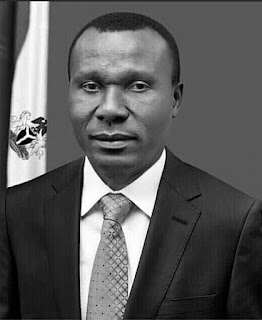THE UNCONCIOUS ADVANTAGE OF GRAFT.

Nigerian jet-fuel binge created history in the United States real-estate business news. The central personalities involved in this historic occurrence, Mrs. Diezani Alison-Madueke (former Nigerian Minister of Petroleum Resources who held the office between 2010 and 2015) and Kola Aluko, have been critically criticised for allegedly spending colossal sums of money which they got from graft in acquiring real-estates, exotic cars, jets, and yachts. It is being reported that the yacht which Beyoncé, at one time, rented for her birthday bash, was rented from Aluko. It is also alleged that he even recently auctioned one of his houses for the sum of $36M. Nevertheless, many of these properties have been seized on the orders of the Nigerian court. While this record of graft is sterling, there is a paradox that is hardly discussed. It is of immense benefit to local content in the Nigerian Oil economy. It is what we may call the unconcious advantage of graft. This is what happened: Diezani, ...



